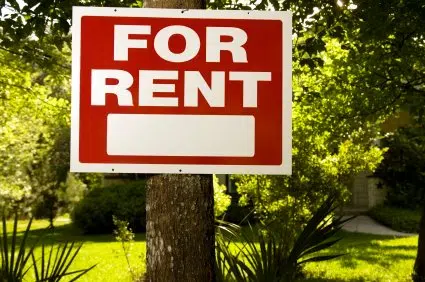A 90-day review into New Brunswick’s rental situation stops short of recommending rent control, despite calls from tenants and advocacy groups.
The cross-departmental review was released Friday by Cheryl Hansen, clerk of the executive council and the province’s top civil servant.
The 50-page review contains 12 recommendations to address gaps in access to affordable and adequate housing in New Brunswick.
“One thing that has been made clear from these findings is that there is no one quick fix to correct systemic challenges,” said Hansen.
Premier Blaine Higgs announced a 90-day rental review during his State of the Province address on Feb. 10.
Since then, there have been calls for the province to implement rental caps to help address rent spikes.
Hansen said while the topic of rent control and caps was brought up often during consultations, it could have “significant negative consequences” by discouraging developers from building new units.
“We have discovered that a far more comprehensive approach is required,” Hansen said during a media briefing Friday morning.
Instead, the report recommends limiting rent increases to once a year, providing “better protections against unreasonable rent increases,” and reviewing the notification period for landlords.
According to Statistics Canada, the average rent in New Brunswick climbed by 4.8 per cent between March 2020 and March 2021 – the highest jump in the country.
Hansen said New Brunswick’s rent increases are “primarily” the result of lower vacancy levels than seen in the past
The report makes several recommendations to increase the province’s rental supply, such as by offering more incentives to developers and working with local governments and regional service commissions to address barriers in the planning and development approval processes.
Landlords and developers have called on the province to eliminate the so-called “double tax” on non-owner-occupied buildings, but there was no mention of it in the report.
“We do not have a specific recommendation about that because that is part of our local governance [review],” said Hansen. “That is one of the issues that will be coming from that body of work.”
Hansen said the report has been sent to the provincial government for review.
“This review reinforced that New Brunswick is not currently in a housing crisis as the system is working for many, but it could become a crisis if we don’t pay attention,” said the report.
In a scrum with reporters, Premier Higgs signalled that some recommendations could be implemented this year.
“We spent three months doing it, and our goal is to implement what we can over the next six months,” Higgs noted that some changes could require changes to legislation, a move that could be completed in the fall session.
“There has to be some understanding of how we put reasonable protection there for tenants because I don’t think anyone should have their rents raised every six months I don’t think that’s reasonable,” he said.
Higgs remained firm on his stance that rent control is not the answer and downplayed the idea that it was left out of the review due to his previous remarks on the matter.
“I don’t think anyone would suspect that I would feel any differently about putting price controls on the free market,” said Higgs, who was not opposed to addressing the frequency and extent of rent increases.
The report failed to provide any immediate solutions for New Brunswickers feeling the economic impacts of COVID-19. Instead, Higgs believes the report reflects the long-term issues that have been largely caused by increases in property values and construction.
The premier emphasized that his goal is to be timely when making decisions and evaluating the recommendations. Social Development Minister Bruce Fitch will take on the project in terms of implementation and what’s being proposed.
Higgs briefly mentioned the “double-tax” stating that while it still remains on the radar there is no timeline.







